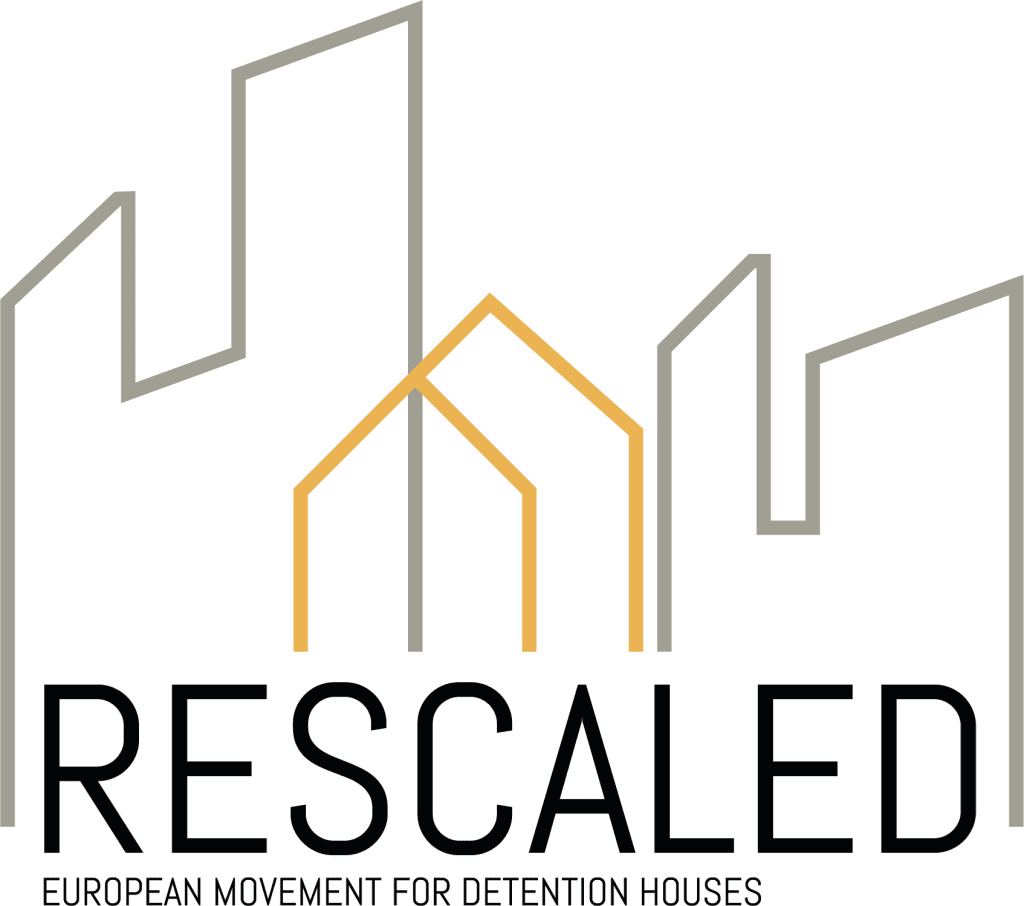Cycles can be discerned in a person’s life; day and night, winter, spring, summer, autumn. There are also cycles to unravel in society. In 1922 Clara Wichmann was 36 years old and was mainly concerned with changing criminal law. She advocated not detaining people in prisons. One hundred years later, I’m 36 years old and I work for the movement RESCALED that works to replace small-scale detention centers with large prisons. There is exactly a century between us. But when I read her text, it doesn’t feel that way.
The realization that, on the basis of Clara Wichmann’s ideas, we have not succeeded in stopping the construction of large prisons in the hundred years between us, makes me humble. She laid an important criminological foundation with her ideas, both in an ideological sense and in a scientific sense. Yet a hundred years later we see the same patterns: of class society, of the rhetoric of retaliation, and of reducing crime to an act of the individual rather than the result of the organization of society. I therefore do not have the illusion that a radical change in our criminal justice system will take place soon. I do wish, as a society, to treat each other in a more civilized way. And that can be thought through in the legal system by thinking from a circular justice perspective.
Civilization Process
Circular justice is a plea for the moral development of society. The legal system should not be intended to establish an individual morality of guilt, but should be an in-between space that is primarily aimed at balancing and, where necessary, restoring the network of political, social and cultural relations through connecting past, present and the future.
Everyone agrees that a person exhibits morally culpable behavior to a greater or lesser extent. But what about acting in and from society? When do we speak of a more or less civilized society? An individual has the responsibility and obligation to justify his behavior. Shouldn’t that also apply to systems we’ve created together? There is too often a gap when it comes to taking responsibility when things go wrong. While the power of moral development lies precisely in the rejection of social habits that are harmful to fellow human beings.
This is how I remember a visit, long ago, to a former prison in Rome. In the Middle Ages, people were imprisoned in a dungeon in too small a space with too many people. The guide said that people had to sleep sitting down because otherwise they would drown in the low water in which they were forced to live. When we look back on this, we find it morally reprehensible. In two hundred years, the writer Arnon Grunberg wrote a few years ago in a footnote to the Volkskrant, we will find our criminal justice system barbaric.
The civilizing process is continuously going on in a business cycle. However, as far as I’m concerned, certain outdated systems, such as prison, may finally be gaining momentum for real change. Let’s take the next step and decide not to put people in large prisons anymore. Let’s recognize our social responsibility in the creation of crime. The result is that we no longer punish people, but that actions have consequences. Consequences for individuals as well as for us as a society. And yes, there may be differences in the way we express these consequences. The concept of circular justice offers plenty of scope for this.
By Veronique Aicha, March 18, 2022
Link naar Nederlandse versie





